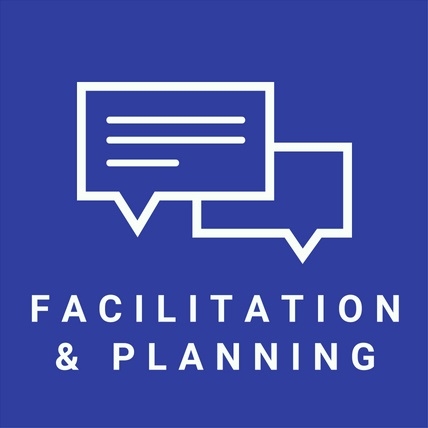Projects
CCBR typically has 15-20 ongoing projects and has completed over 500 projects since 1982. Each project is guided by our commitment to impacting social change in practical and powerful ways. We conduct research with people not on people, cultivating respect with communities at every step of the process.
Projects can be searched for using words from the project title or using the service area, theme, or date range for the project. You can also type 'Service Area' or 'Theme' into the search bar to get a list of options in each of these fields.
Projects
CCBR conducted a literature review for PLEA Community Services Society of BC (PLEA) focused on best practices and existing research related to family caregiving for vulnerable adults, as well as the delivery of outreach and community-based support services by front-line staff.
CCBR partnered with Family and Children Services of Waterloo Region (FACS) to conduct a community-led needs and resources assessment. The purpose was to identify needs and enhance support services by engaging an equity-deserving cross-section of community members. The project enlisted over 20 Community Partners for a Steering Committee, and these partner organizations selected Community Researchers from their staff who are members of the communities they serve and fluent in their preferred languages.
CCBR collaborated with United Way Greater Toronto (UWGT) to explore and understand the experiences of African refugee asylum seekers in Peel, York and Toronto, to identify promising practices as well as existing gaps within support systems, and to inform efforts for meaningful improvement.
CCBR engaged with federation members and folks with lived experience in rural and northern communities across Canada to identify gaps in the provision of mental health and substance use health services. The work was guided by a Steering Committee composed or people living and working in rural areas and the north. Findings were intended to support the creation of a rural and remote mental health strategy led by CMHA.
The Centre for Community Based Research (CCBR) collaborated with the Hamilton Immigration Partnership Council (HIPC) to develop the 2025-2028 Community Plan. Through four phases—community planning, plan development, evaluation framework creation, and community plan lunch and pledge event —the project aimed to make Hamilton a welcoming community where newcomers have a positive settlement experience and feel a sense of belonging.
CCBR worked with the Senior Leadership of Food Banks Canada (FBC) to develop a Theory of Change guided by stakeholders across Canada. This Theory of Change sets the stage for FBC to plan and evaluate its activities in collaboration with the network of provincial associations with which Food Banks collaborates, and over 4,750 affiliate food banks.






